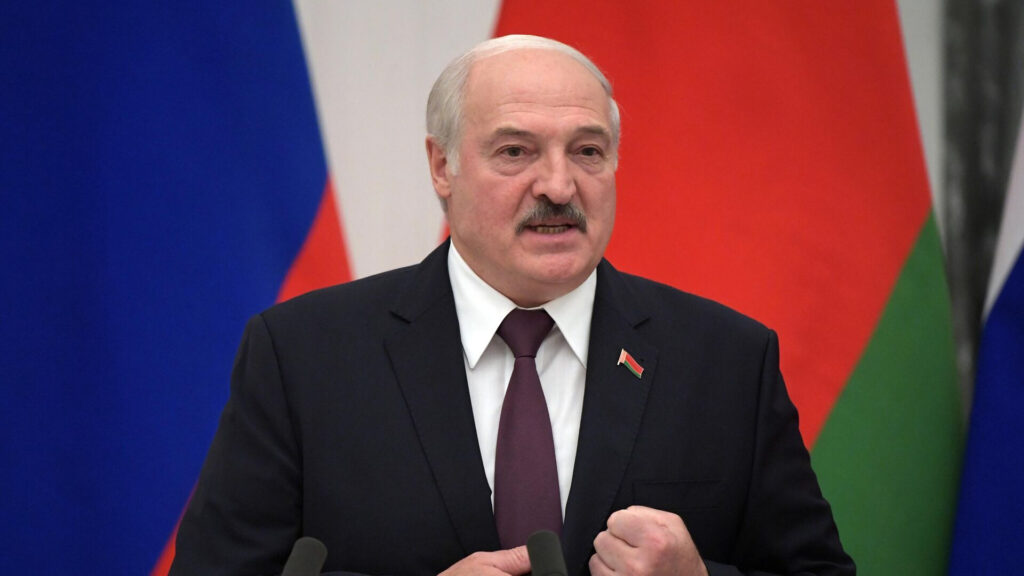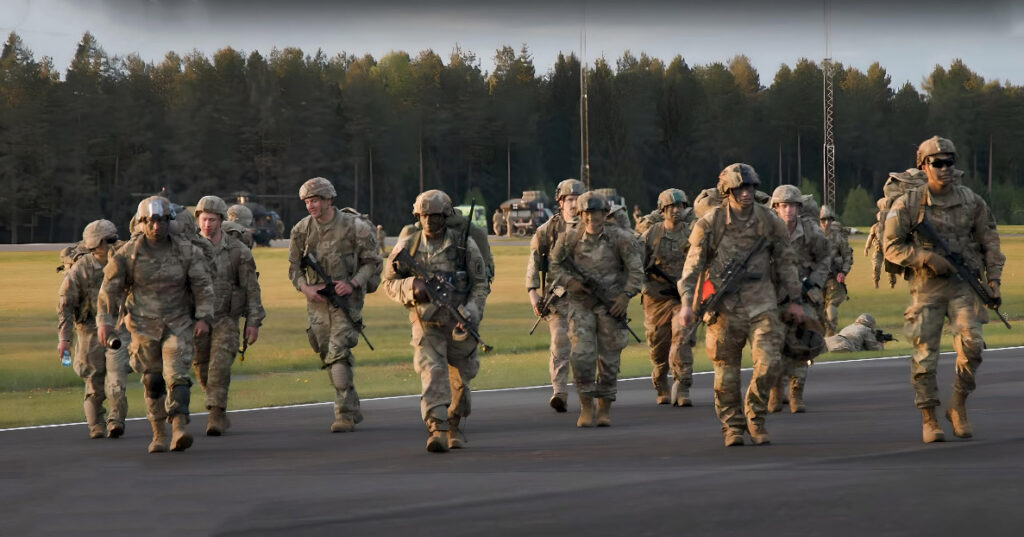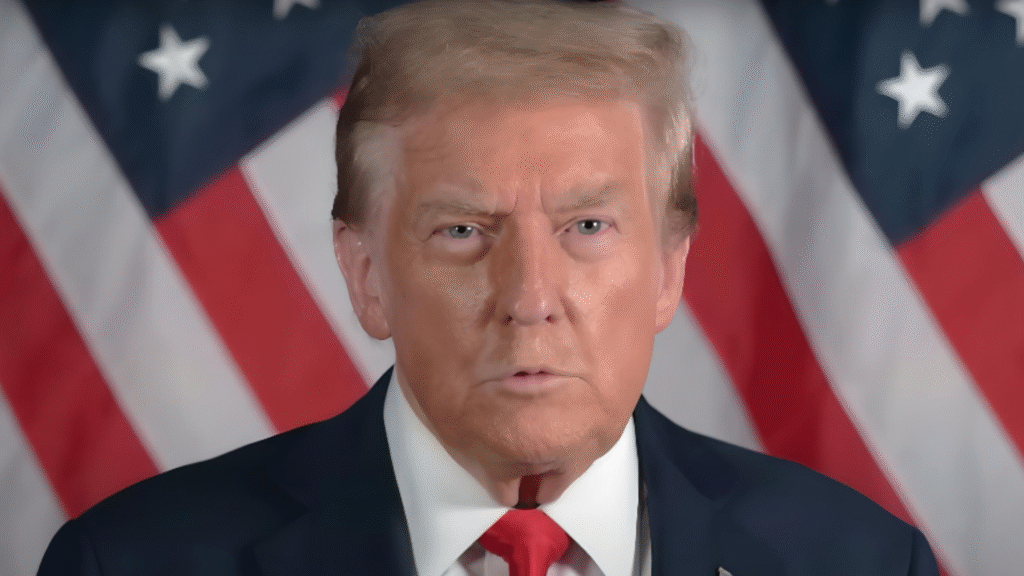On July 4, a day when freedom and independence are traditionally celebrated across the ocean, an unexpected but symbolic political signal came from Minsk: Belarusian President Alexander Lukashenko sent an official congratulatory message to Donald Trump and proposed restoring bilateral relations, emphasizing mutual benefit and constructive dialogue.
This message, published by the Belarusian news agency, was not just a congratulation — it was a diplomatic gesture that signaled an attempt to move beyond the previous rhetoric and take a step toward a new stage of international cooperation. Lukashenko emphasized that there is potential for cooperation between the countries, which has not been realized for reasons unrelated to the interests of ordinary citizens.
“The time has come to free ourselves from the logic of confrontation. History has already shown that when Minsk and Washington seek dialogue, both sides feel the results,” the head of state said in his message.
Lukashenko recalled that it was during Trump’s first term that concrete steps were taken to bring the countries closer together: embassies began to resume active work, economic projects were discussed, and humanitarian initiatives were launched. However, after the change of administration in the US, the political course changed, and, according to the Belarusian leader, much of what had been achieved was undone.
Another significant moment was the recent visit to Minsk by former general and Trump confidant Keith Kellogg. This visit, the first in five years at such a high level, reopened the window of opportunity to discuss not only the bilateral agenda but also broader regional issues, including security, the economy, and sanctions. The six-hour talks demonstrated that despite their differences, the parties are capable of speaking openly and pragmatically.
The Belarusian side, as Lukashenko noted, does not seek confrontation, but neither does it wish to remain an object of geopolitical calculations. On the contrary, it is ready to become a platform for discussion and one of the participants in the formation of a new architecture of cooperation, where dialogue, rather than ultimatums, prevails.
Commenting on this statement, experts note that Minsk may be seeking to reformat its international role and demonstrate pragmatism, especially against the backdrop of global shifts in world politics. The proposal to restore relations comes at a time when much is changing, both in international trade and in the global security system.
While there has been no direct response from official Washington, the very fact that Lukashenko has made this appeal is seen as an important signal: in conditions of instability and sanctions pressure, diplomacy remains one of the few tools capable of defusing tensions and opening the way to new opportunities.
Observers note that if the new course is indeed supported, it could lead to a restart of business, scientific, and cultural exchanges, which, in turn, would create the conditions for a sustainable and mutually beneficial partnership.
In a world where trust is in short supply, even a single honest step toward each other can be the beginning of great change.



